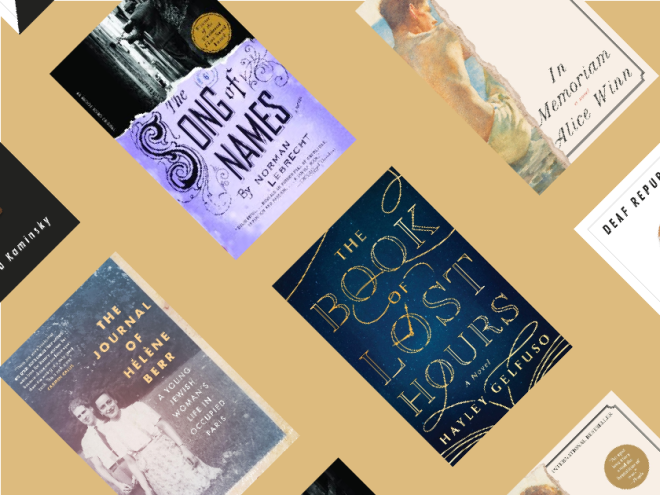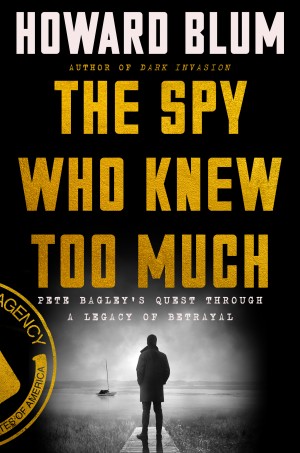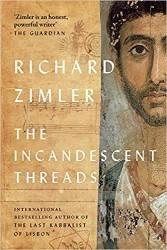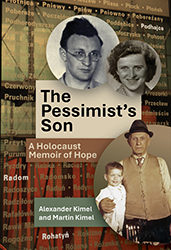The past is a strange concept: what remains as the clock’s second hand sweeps relentlessly forward? Where do the minutes, hours, days, and millennia go? Do they serve to enrich and inform the future, or are they twisted or erased to suit the exigencies of the fickle present? In The Book of Lost Hours, Hayley Gelfuso attempts to parse the mystical nature of time lost.
The novel begins in 1938, on Kristallnacht , the “Night of Broken Glass.” Throughout Germany and Austria, storefronts owned by Jews are shattered and synagogues burned. Ezekiel Levy, the last of the Jewish clockmakers who have lived in Nuremberg for centuries, understands what is happening. He summons his precocious eleven-year-old daughter, Lisavet, a child who sits beside him, “watching him coax the gears and springs of old broken watches until they shuddered back into life. She was the one who wound the clocks… watching with quiet reverence as the wood and metal masterpieces sang to the tune of time.” Ezekiel tells Lisavet that the most valuable of his many beautiful clocks and watches is “a simple brass pocket watch” that lets his people “talk to Time itself.”
With that, he places Lisavet into a “time space” in which she can explore all of history, preserved in a hidden library of memorial books. Lisavet soon discovers that these books are often stolen and erased, that people in power often distort time, rewrite the past, and burn memories. She is charged with preserving the writings that record this precious legacy.
Gelfuso’s plot, a rich blend of vibrant fantasy and violent fact, places the reader into many different eras, including the post-war period, where an adult Lisavet encounters the love of her life, an American timekeeper named Ernest Duquesne. It hurtles forward to the mid-sixties, where a young woman named Amelia Duquesne is approached by the CIA to work on a project called the “Temporal Reconnaissance Program.” There are time distorters — from Imperial Rome to Soviet Russia — each with their skewed version of history. Lisavet learns about the impossibility of preserving all memory, and of the duty to try.
Though the threads and timelines are sometimes challenging to follow, and the novel’s world a dizzying collage of the familiar and the uncanny, The Book of Lost Hours is a worthy reminder that we, too, are timekeepers, charged with the duty to remember the past, the precious souls who inhabited it, and the lessons they hoped to pass on.





